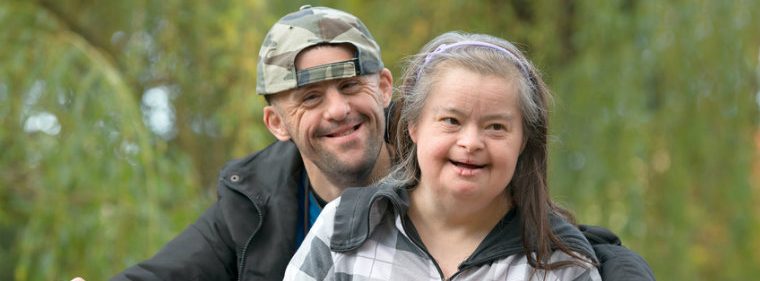Person-centred practice KSS 3
Last updated: 15 February 2021
This page sets out the knowledge and skills listed under point 3 (person-centred practice) in the Department for Health and Social Care’s knowledge and skills statement. Against this, we have mapped Community Care Inform Adults’ guides, research, learning tools and other resources to help social workers meet and evidence this part of the statement. The links to the resources are in blue; click to follow them to the page you’re interested in.
| What the statement says | Resources to help you |
|---|---|
| • Social workers should enable people to access the advice, support and services to which they are entitled. They should co-ordinate and facilitate a wide range of practical and emotional support, and discharge legal duties to complement people’s own resources and networks, so that all individuals (no matter their background, health status or mental capacity), carers and families can exercise choice and control, (supporting individuals to make their own decisions, especially where they may lack capacity) and meet their needs and aspirations in personalised, creative and often novel ways.
• They should work co-productively and innovatively with people, local communities, other professionals, agencies and services to promote self-determination, community capacity, personal and family reliance, cohesion, earlier intervention and active citizenship. • Social workers should also engage with and enable access to advocacy for people who may require help to secure the support and care they need due to physical or mental ill-health, sensory or communication impairment, learning disability, mental incapacity, frailty or a combination of these conditions and their physical, psychological and social consequences. |
The strengths-based practice knowledge and practice hub details how to use strengths-based practice in your work, including the sorts of questions to ask and how to cope with difficult conversations, and looks at the key features of different practice models.
Strengths-based questions contains ideas for moving beyond completion of an assessment form, suggested questions and strategies for engaging people to build an understanding of their life, strengths and goals, plus tips for keeping assessment and eligibility processes strengths-focused. A strengths-based approach to difficult conversations gives ideas for coping with difficult conversations using strengths-based practice. Personalisation: lessons from research covers the key messages from research on personalisation in relation to safeguarding, assessment, support planning and service user and carer experience. Personalisation in mental health highlights how social workers can play a key role in improving personalisation in mental health services. It looks at supporting positive risk-taking to use funding creatively and barriers to effective implementation. Guide to self-directed support and personal budgets explains the core skills needed to work with someone using self-directed support, and the challenges that practitioners face in doing so. Co-production: lessons from research examines how to apply co-production to assessment, support planning and safeguarding, as well as the importance of asset-based practice and community development within co-production, and the evolving evidence base for the use of co-production in adult mental health and social care practice. Using positive behaviour support (PBS) to work with adults with behaviours of concern summarises the ethos and aims behind PBS, the key steps of a functional assessment and what should be in an accompanying behaviour support plan. How personal health budgets work looks at who is entitled to them, how they can interact with social care personal budgets and the role of health professionals in managing them. Guide to working with independent advocates covers the core differences between the roles of social worker and independent advocate, entitlement to advocacy under different statutory frameworks, and working with advocates in a legally compliant way. |
Links to resource maps for other parts of the KSS:
- 2. The role of social workers working with adults
- 4. Safeguarding
- 5. Mental capacity
- 6. Effective assessments and outcome-based support planning
- 7. Direct work with individuals and families
- 8. Supervision, critical reflection and analysis
- 9. Organisational context
- 10. Professional ethics and leadership
- 11. Level of capability: at the end of the ASYE


